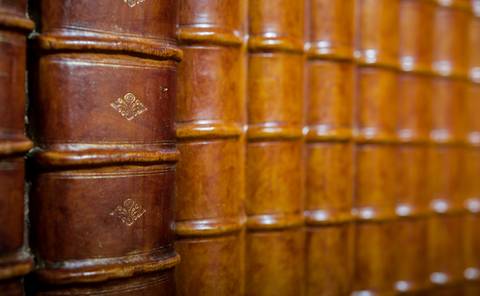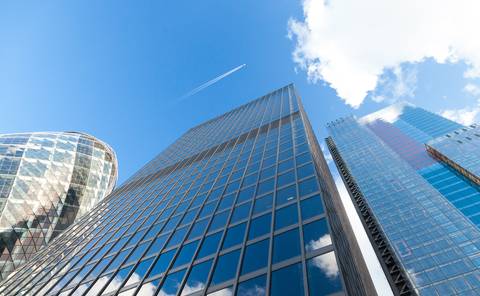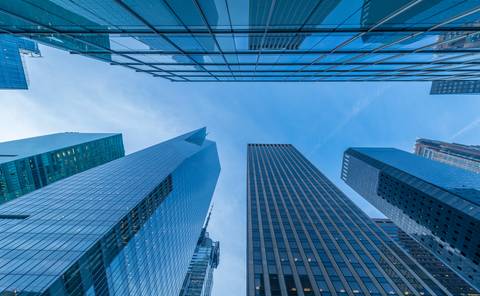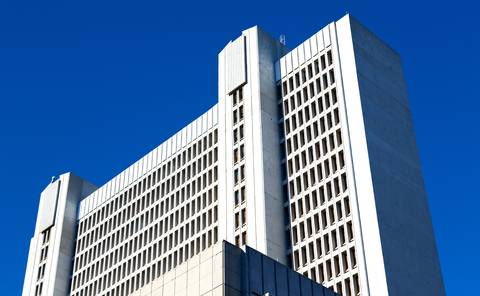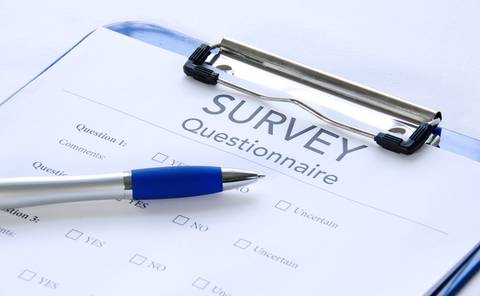Niger
Overview
Niger, officially the Republic of Niger, is a landlocked country in Western Africa named after the Niger River. It borders Nigeria and Benin to the south, Burkina Faso and Mali to the west, Algeria and Libya to the north and Chad to the east. Niger became independent from France in 1960 and experienced single-party and military rule until 1991 which resulted in a democratic government in 1993. However, Niger is facing increased security concerns on its borders from various external threats including insecurity in Libya, spill-over from the conflict in Mali, and violent extremism in north-eastern Nigeria.
Economy
Niger’s economy centres on subsistence crops, livestock, and some of the world's largest uranium deposits. Agriculture contributes about one-third of GDP and provides livelihood for about nine-tenths of the population. Drought, desertification, and strong population growth have undercut the economy. Niger shares a common currency, the CFA franc, and a common central bank, the Central Bank of West African States (BCEAO), with seven other members of the West African Monetary Union. Nearly half of the government's budget is derived from foreign donor resources. The economy in recent years has been hurt by terrorist activity and kidnappings near its uranium mines and instability in Mali. Future growth may be sustained by exploitation of oil, gold, coal, and other mineral resources. Niger has sizable reserves of oil and oil production, which began in 2012, along with refining, and exports are expected to grow through 2016. Food insecurity and drought remain perennial problems for Niger.
For further information please contact us:

